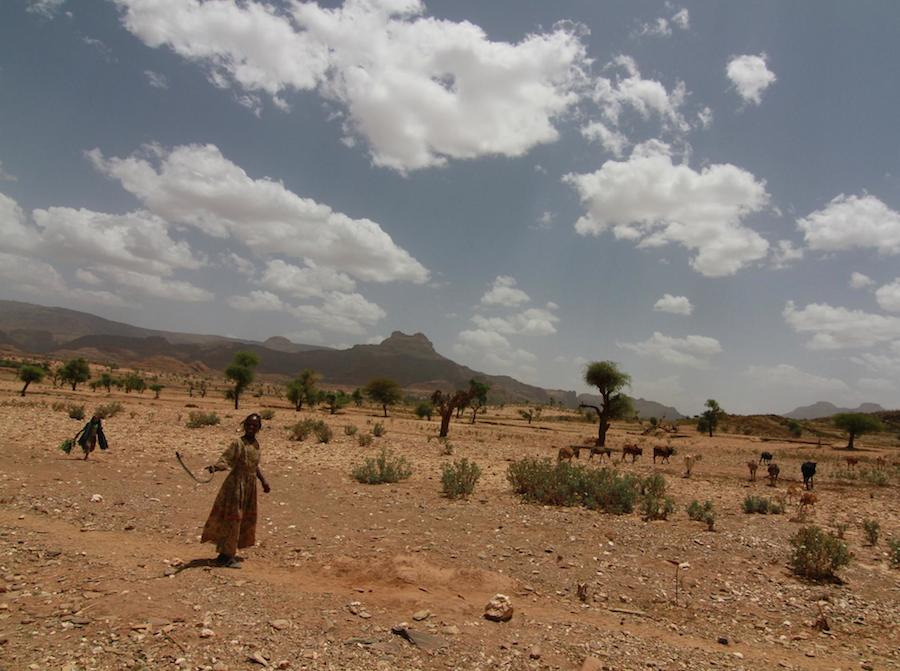
Private sector investments are shifting to address the challenges posed by climate change, and this trend could accelerate if governments and policy-makers take further actions to increase the demand for low-carbon, climate resilient investment, according to a report released today by the United Nations Secretary-General’s Climate Change Support Team.
The new report, “Trends in Private Sector Climate Finance,” found that the private sector had made significant strides in response to the challenge posed by climate change since the 2014 Climate Summit in New York, where a range of finance sector including leaders from banks, pension funds, insurers and asset managers announced a series of high-profile commitments and targets to increase climate finance.
The report argues that the private sector has led the effort so far, but that now it is time for the policy makers to take action in order to accelerate the pace of private sector investment and engagement.
The report was presented to finance ministers at a special gathering in Lima, Peru that was jointly convened by France and Peru at the margins of the Annual Meetings of the World Bank Group and the International Monetary Fund. It is a major milestone meeting, coming just over a month before countries meet in Paris to conclude a universal climate change agreement.
According to the new report, not only are most of the commitments made by the private sector at the Summit on track to being realized, moreover, hundreds of billions of dollars have been invested since the Summit to support low-carbon and climate-resilient investments in all parts of the world.
The increasing drive by the private sector, in both developed and developing countries is one of a series of trends that will help reduce emissions and improve climate resilience while providing energy, reducing air pollution and delivering a host of other benefits.
The report lists five inflection points that are signaling long term shifts. In addition to direct investments by the private sector, there has been the creation and expansion of the green bond market, which will issue between US $50-70 billion for climate finance in 2015. Other shifts include: the increased application of internal carbon pricing by companies that will determine investment opportunities; increased concern around the activities of carbon-intensive assets and companies; and the sustained scaling up of efforts by the insurance sector to respond to the climate impacts that are already locked in.
The report also highlights that despite these long-term signals, serious gaps remain. Low-carbon investments remain insufficient to put the world on a less than 2°C degree pathway, particularly in the developing countries, despite a finding that investment in renewables in emerging and developing countries are outpacing that of OECD members.
While the public sector has a vital role to play to help the world reorient itself to a low-carbon, climate-resilient future, the report concluded that the bulk of the financing and insurance driving the much needed transition will be provided by the private sector.
UN Secretary-General Ban Ki-moon told the 70th Session of the UN General Assembly in September that “Climate finance will be crucial,” and he urged developed countries to meet the agreed goal of $100 billion per year by 2020.
The report does not address the ongoing negotiations within the UNFCCC as to what constitutes climate finance or on what should be counted towards the goal of mobilizing $100 billion a year by 2020 to address the needs of developing countries. Rather, it provides details on the progress made on the commitments and targets set by the private sector and the changes in the financial markets that are emerging.
The report states that the private sector has emerged more fully as a partner since the 2009 Climate Conference in Copenhagen. Action in the finance sector coalesced, and received a substantial boost, at the 2014 Climate Summit, which was “born of a recognition that the UN itself needed to change in order to facilitate the economic transition,” and aimed to bring together all actors with a role in addressing climate change to catalyze creative ideas and engender new partnerships.











